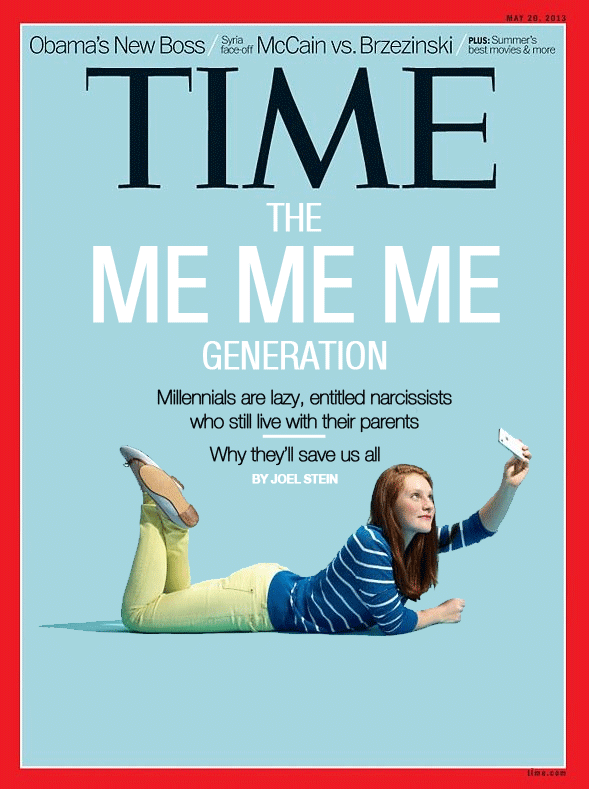In a recent survey, over 54 percent of respondents indicated they felt Millennials are the most challenging to engage and lead effectively. The Canadian Management Centre, a firm that specializes in professional development, is saying that if organizations don’t start embracing changes that are already transforming the workplace “they will struggle”.
Those problematic millennials!
According to the Canadian Management Centre, which also has produced a report called “Developing Millennials”, “leaders and organizations have been trying to figure out how to communicate and collaborate with their Millennial employees” for a decade now.
Millennials are characteristically defined as ambitious, tech-savvy, collaborative, and confident, and are rapidly rising into leadership positions. They are integrating their values and attitudes towards work into their environment, influencing and impacting the teams they lead.
“Millennials are plagued by negative stereotypes that unfortunately overshadow their true strengths,” said the Canadian Management Centre’s John Wright. “Millennials bring fresh new values and perspectives to the workplace and they want to make an impact. As they leap-frog over other Gen X and Boomer employees into leadership positions, they’re going to get their chance – and few Canadian organizations are ready.”
The report also suggested that those (generally) born between 1981 and 1995 will represent 75 percent of the workforce by 2025. Specifically in Canada, millennials are the fastest growing segment of Canada’s workforce at 29 percent and as of next year will start to outnumber Baby Boomers.
The eldest of the Millennial generation have been in the workforce for 10 years and are moving up the leadership ranks quickly. Research from Ernst and Young said 87 percent of Millennial Managers took on a new management role in the last five years compared with 38 percent of Gen X managers and 19 percent of Boomers.
However, the Canadian Management Centre noted that for some Millennials, traditional workplace structures and outdated approaches to leadership have “stifled their desire to openly share information, collaborate across teams and try new things.”
It’s 2013 ‘Build a Better Workplace’ study that polled 1,200 Canadian employees found that just 24 percent of Millennials identified themselves as highly engaged. “If their work environment hasn’t been set up to tap into their full potential, what will happen when they are catapulted into roles where they are responsible for inspiring and leading others?” the centre asked.
As a result it came up with three solutions that can help.
- ENGAGE: Explore ways to increase employee engagement and opportunities to integrate what Millennials value into the workplace, such as providing a forum for the voice of the employee to be heard, as well as strategies that promote collaboration and sharing of new ideas. Regardless of their career path, Millennials also expect support and access to resources to grow their career.
- PREPARE: Millennials are ambitious and confident and may not know what they don’t know. Organizations need to focus on defining what is expected from these emerging leaders and invest in leadership programs to develop the skills that will prepare them for the opportunities ahead. They can help them understand the landscape that currently exists and how to navigate within it by creating mentoring opportunities and providing regular feedback.
- IMPACT: As Millennials move into leadership positions, they may end up managing individuals who have more experience and expertise. Organizations need to support all their employees with the tools and training they need to understand the dynamics of the people they work with and strategies for collaboration. At the same time, Millennial leaders may need to modify their approach to accommodate the values and expectations of their peer groups from different generations.


